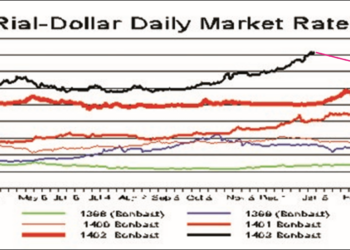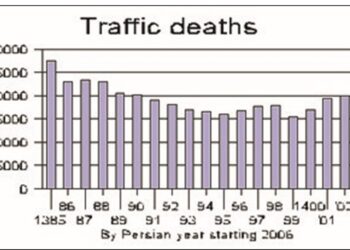Iranian officials have remained mum, saying nothing either positive or negative about the proposal, suggesting they are uncertain how to react. India has not yet put the proposal formally before Iran on paper, so there is no need for Iranian officials to speak out. However, they commonly do comment when an idea involving Iran is mooted in the foreign media.
Indian officials have said they are still framing all the details of the proposal. The key issue, they have said, is to lay out what Iran would be barred from doing with the rupees it would be paid. News reports, for example, have said Iran would be forbidden from using the funds to buy shares in Indian firms on the stock market or to buy up Indian corporations directly from their owners.
It isn’t clear that Iran would find such a restriction at all attractive. Indian crude oil purchases from Iran are now running at around $14 billion a year with Iranian purchases of Indian products at only about $1 billion. If Iran cannot use the rupees to invest in India, it would have buy 14 times as much from India as now in order to use up all its rupees. That would appear to be difficult at best.
Indian officials have also said they would ban sales to Iran of Indian products that are “dual use”—items that can have military as well as civilian applications. That would still further constrain what Iran could buy with all the rupees.
Indian financial officials are very fearful of crossing American Treasury rules and seeing their access to the American banking system restricted. That is what has caused the payment problem in the first place.
The Reserve Bank of India, India’s central bank, halted payments to Iran in December because the payment system used jointly by a half-dozen Asian countries meant the Reserve Bank was simply being told what to pay Iran after Iranian sales and Iranian purchases were netted out. The Reserve Bank could not satisfy the American requirement that it police the accounts to guarantee that no payments were made for goods barred by the United Nations.
India came up with the rupee payment idea when it could not find any other banking route for paying Iran for crude oil.
Last week, that same concern reached the Securities and Exchange Board of India (SEBI), which regulates stock markets. It ordered Indian bourses to watch any transactions involving Iran or North Korea to make sure they were not being used for any money laundering or terrorist financing.













